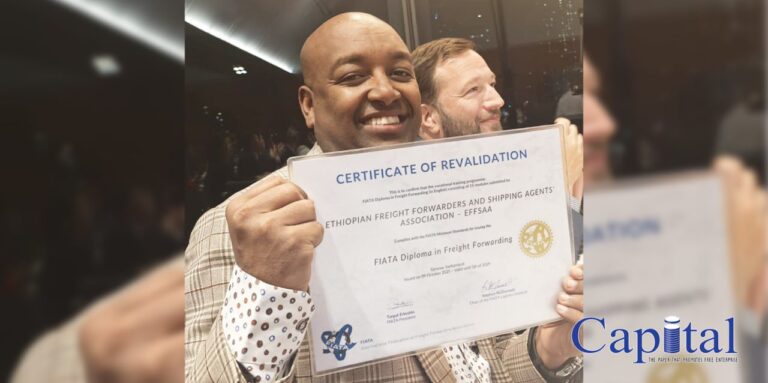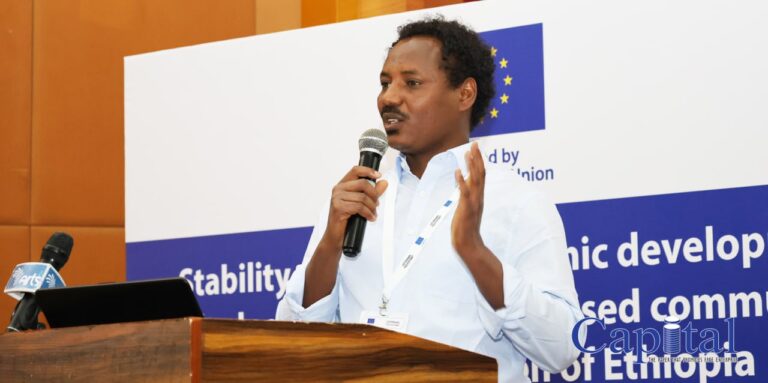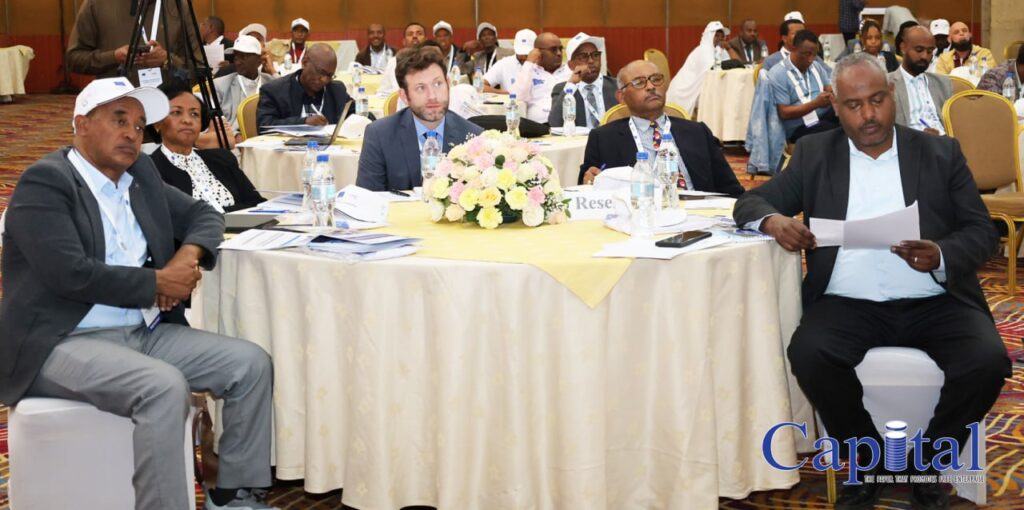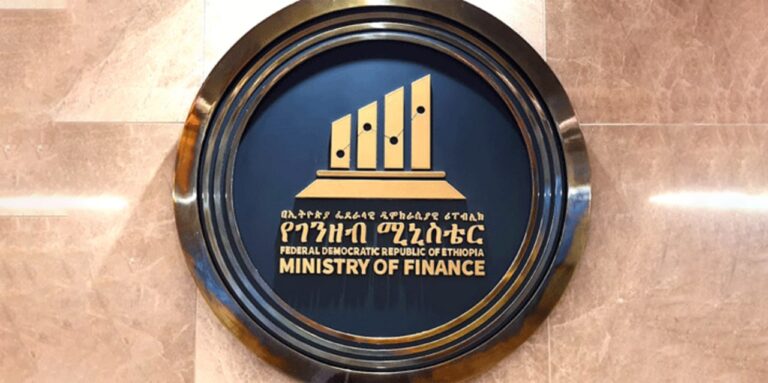Ethiopia has solidified its position as a key player in the global logistics community at the recent International Federation of Freight Forwarders Associations (FIATA) World Congress.
Held in Hanoi from October 6-10, this premier event not only allowed Ethiopia to retain its exclusive seat on the FIATA board but also led to the renewal of its flagship training program.
The congress included important elections for the organization’s global leadership, resulting in the appointment of Thomas Sim as the new FIATA President for the 2025-2027 term, succeeding Turgut Erkeskin. Additionally, a new group of senior vice presidents, vice presidents, and board members was inaugurated.
A significant achievement for Ethiopia was the re-election of Dawit Woubishet from the Ethiopian Freight Forwarders and Shipping Agents Association (EFFSAA) to a key leadership role. Dawit will continue as Chair of FIATA’s Air Freight Institute (AFI) for another two-year term, building on his distinguished four-year tenure.
Dawit’s re-election was decisive, garnering an impressive 84% of the vote, defeating nominees from Canada and Australia. Reflecting on his successful term, Dawit highlighted his efforts to strengthen the partnership between the AFI and the International Air Transport Association (IATA). “Since I took on the AFI leadership four years ago, I have significantly enhanced our collaboration with IATA, which was previously underdeveloped,” he stated.
In another strategic victory, Ethiopia’s FIATA Diploma Program, first accredited in 2010, received a crucial four-year reaccreditation.
Dawit acknowledged the challenges of maintaining this certification, which is subject to FIATA’s stringent requirements. “We successfully met several conditions, and the international body approved the renewal despite existing obstacles,” he told Capital.
This renewal forms the foundation of EFFSAA’s ambitious plan to establish a regional logistics academy in Addis Ababa.
“The increasing recognition of EFFSAA has created an unprecedented pipeline of trainees. It is essential to cultivate a new generation of professionals,” Dawit explained. The proposed academy aims to become a central hub for capacity building, serving not only Ethiopia but also neighboring countries lacking FIATA-accredited programs.
“This initiative aligns with our formal request to the Addis Ababa city administration for land allocation to create the institution,” Dawit added.
He emphasized that such a center of excellence is crucial for training FIATA-certified logisticians, vital for implementing the African Continental Free Trade Agreement (AfCFTA).
Highlighting the importance of these developments, Dawit stated, “Human capital development is the key driver for maintaining Ethiopia’s—and Africa’s—prominent voice in the global logistics sector.”
In recognition of his contributions, Dawit received a FIATA Silver Pin at the annual conference, an honor awarded to institute chairs with over four years of dedicated service.
Looking ahead, Addis Ababa is set to host the 2027 FIATA World Congress, the logistics sector’s most prestigious global gathering, following a successful bid to become the future host city.








